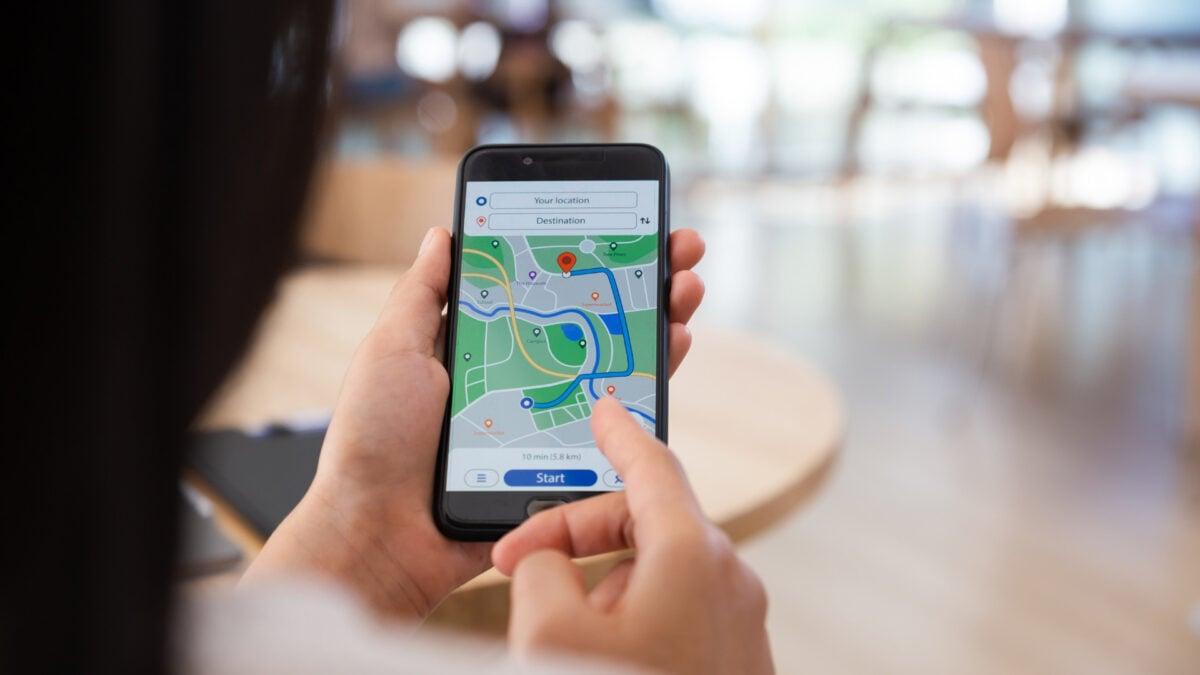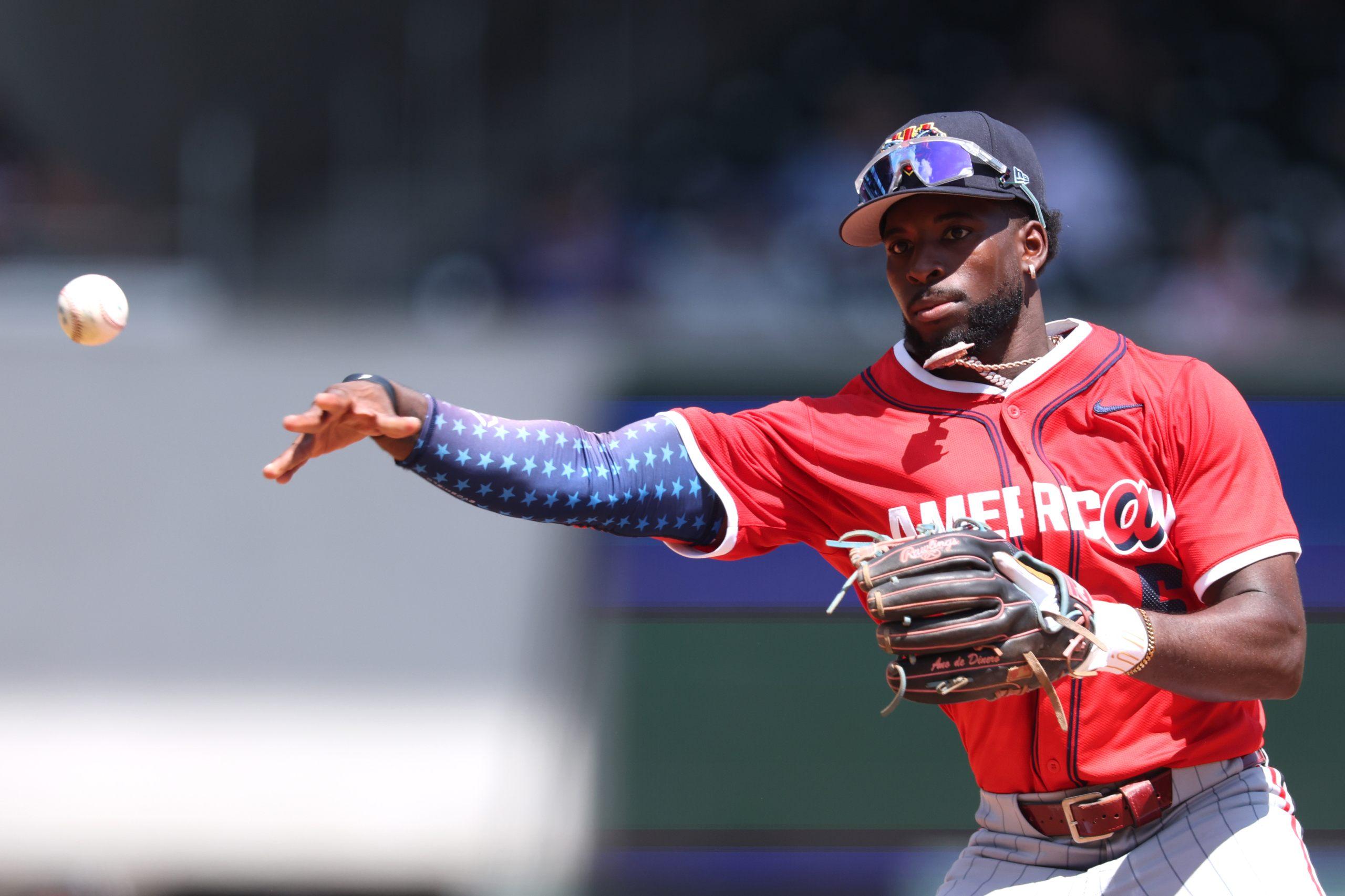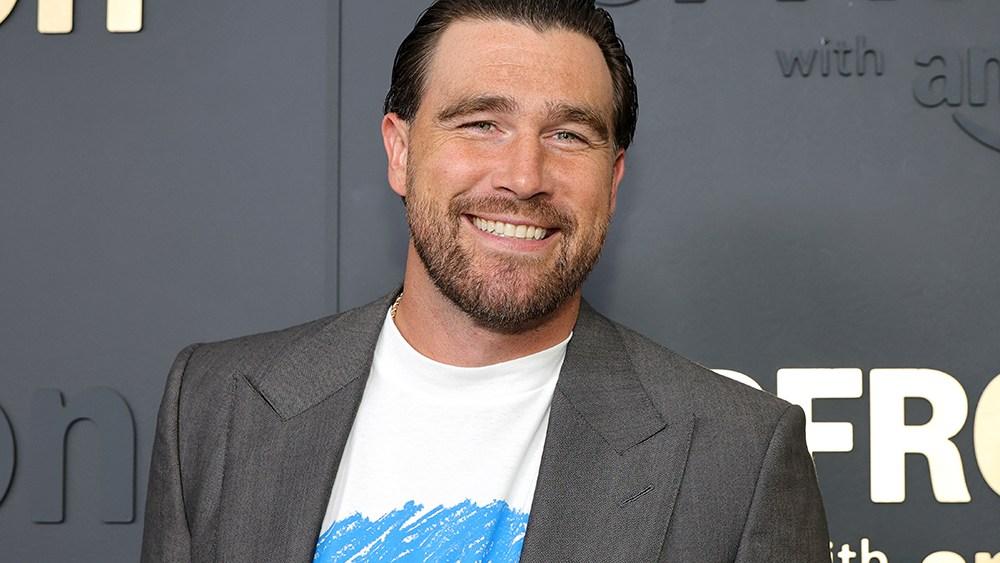Scientists say that the newly created "double aversion" shows another reason why people stubbornly refuse to change their sadness.
Good news, all!Researchers at the University of Berkeley California have set a new term to describe our brain stupid.In a recent study, they provide evidence of different types of awareness perception, but one thing that reluctantly makes us follow this path more easily than it means the withdrawal of our steps.
Researchers have chosen a "destination" preference.
"Participants do not like to feel that their earlier efforts were a waste, they encouraged them to look for less efficient measures," they wrote in their article, they published it in psychological sciences.
Psychologists have detailed all sorts of prejudice related to the excavation of our feet when new important information is.For example, people usually follow the status quo's favorite restaurant while choosing dinner, even when people recommend potentially more delicious.Select another, simply because they spent so much time or resources after that.Studies have argued that their newly called prejudices, of course, is a narrow cousin of sunny value and mistakes of similar prejudices, but this ultimately describes unique cognitive traps.
You are wrong!
In their article, they present an example of someone whose journey from San Francisco to New York is very early, leaving them trapped in Los Angeles.In one of the scenarios, the traveler can return home three hours before the current flight line if they accept the supply of the airline for a new trip that stops first in Denver;In the second, the flight is presented on the flight that will also fly three hours first, to return to San Francisco.Although both flights must provide the same time, it is more likely that people reject the trips that need to return to their previous destination, explaining the document (some people can reject Denver's trip, but that will be an example of the current bias and/or the expensive sunk at work, as they notice).
To test the hypothesis, researchers have uploaded four different types of experiments.Another UC Berkeley student and others have been invited to the same face.In several essays, researchers have discovered that people often show that people often show that people often show that people often show that people often show that people often show it.
For example, in an experiment where people had to recite words that began from "G", everyone in the middle recited words or began words that began from "t" (easier letter).In terms of control, this decision was to stay in the same job, only with a new letter.It is important that volunteers also have cafes of progress, to do so and allow them to do the same (although "t" will be easier again).About 75 % of the participants decided to change the control conditions, but only 25 % if the switch is required.
Feels wrong backwards
"When I analyzed these results, I was like:" Oh, it's a mistake? How can such a big difference? "
Other scientists will of course have to confirm the team's findings.And there is still a question to answer this, including how often we fall and whether it may be there will be some scenicugs than others.But more strangely weird know that I can go back something else for my timy numbornness.








